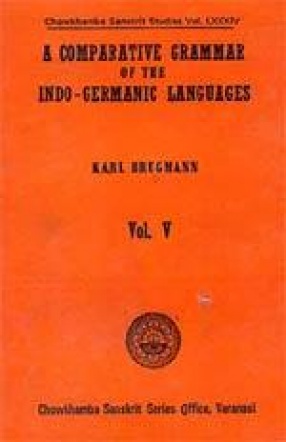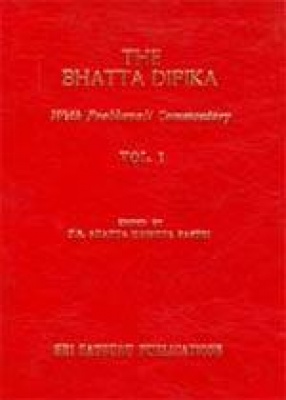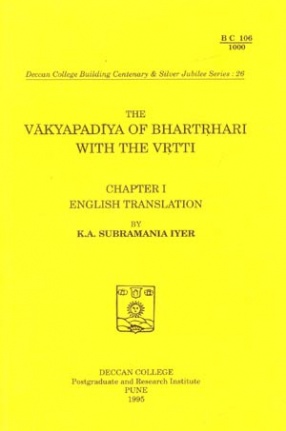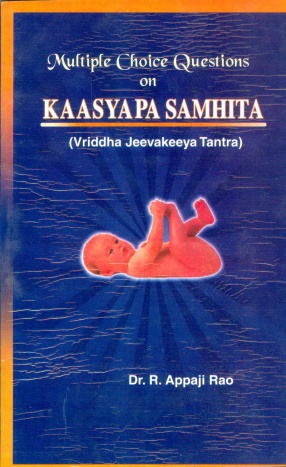A Comparative Grammar of the Indo-Germanic Languages (Volume I to V)
Elements of the Comparative Grammar of the Indo-Germanic Languages had been a pioneer work in the field of Comparative Philology, and even today remains unsurpassed by any other work, either in its magnitude or in exhaustiveness.
The author has incorporated almost all the contemporary material on the subject representing all the parties among the different methods and schools of Linguistic Science. At the same time, he has not confined himself to merely stating the contemporary conclusions seemingly certain to stand for all future time. Instead, he has spoken of many problems that are still unsolved in order to give the reader not only a survey of what has been already accomplished, but also to give a glimpse of the work that still remains to be done. This was indispensable in view of the position in which the science of the Indo-Germanic languages at the time stood. Thanks to the discovery of many fresh sources of information, and still more, to the fertile combination which the recent researches have brought about between minute investigation on the one hand and the philosophy of languages on the other new problems to be solved have of late arisen on all sides, and that in such numbers that many decades of work will still be needed to master them. Had the author silently passed over all such unsettled questions in the history of the Indo-Germanic languages the picture of the whole subject which, he has tried to draw would have been marred by many grievous blanks. But thanks to the sincerity of his purpose and his erudition, no such problem remains unsolved or unnoticed. Wherever he is not sure of the solutions, he has not merely marked the phenomenon in question as unexplained, but often hazarded a conjecture, at all events, in something like the direction in which the solution of the riddle is to be sought. The conjectures, he however has admitted, should be regarded only as challenges to more minute investigation.
As regards to the arrangement of the material the scheme followed is to let the different branches of Languages and the separate Languages apart each as a unit complete in itself on the common background of the Indo-Germanic premitive community, yet in such a way that each single phenomenon appears separated as little as possible from the kindred examples in other languages.
Such an important and pioneer work, which remained out-of-print for so many years, is now been reprinted by us even at great risk of investment, solely with the hope and confidence that we are thus rendering a valuable service to the students and scholars of Philosophy who had been long deprived of the work containing a systematic and scientific study of languages based on firm and rigid principles.
Get it now and save 10%
BECOME A MEMBER







Bibliographic information
Joseph Wright